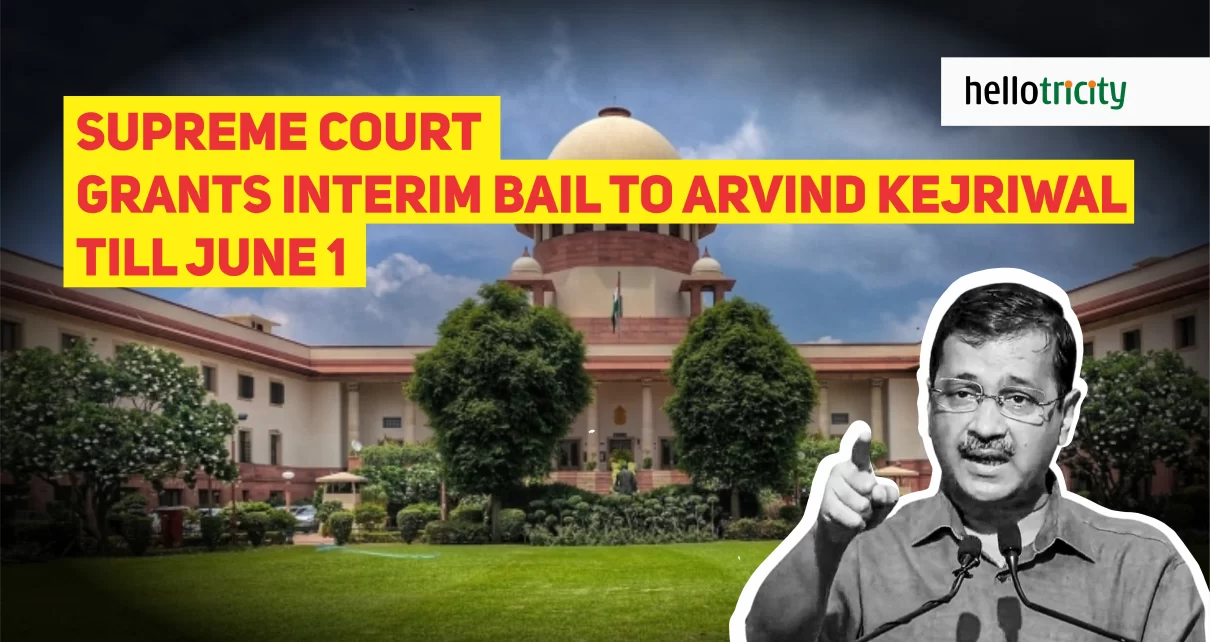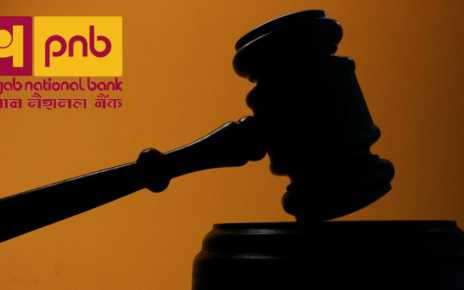Delhi Chief Minister Arvind Kejriwal has been granted interim bail until June by the Supreme Court, providing significant relief amidst ongoing legal battles. The apex court’s decision comes as a respite for Kejriwal, who was arrested on March 21 in connection with a money laundering case related to excise policy.
The bench comprising Justice Sanjiv Khanna and Dipankar Datta, after hearing the arguments from both sides reached this decision to provide interim bail to Arvind Kejriwal. The interim bail coincides with the ongoing Lok Sabha elections. While the Enforcement Directorate (ED) opposed the bail, the Supreme Court deemed it necessary in light of the electoral process.
The period of the interim bail extends till June 1, providing Kejriwal the opportunity to engage in election activities leading upto May 25, when Delhi votes. However, the court also mandated surrender and return to jail on June 2, ensuring his confinement during the crucial confinement during the crucial counting and result day on June 4.
Despite the grant of interim bail, the detailed order specifying bail conditions is yet to be released, with expectations for it to be made available by evening. Kejriwal’s arrest and subsequent detention in Tihar jail have lasted over a month, making his release a matter of anticipation among supporters and observers.
Also Read: Supreme Courts Hears Arvind Kejriwal’s Bail Plea
The decision to grant 21-day interim bail to Kejriwal faced opposition from the ED, which argued against setting a precedent where politicians are granted bail for campaign purposes. However, the Supreme Court justified its stance, emphasising that the temporary release would not significantly impact the legal proceedings.
The legal proceedings surrounding Kejriwal’s case have sparked debates over the treatment of politicians in the judicial system. Solicitor General Tushar Mehta, representing the ED, underscored the principle of equality before the law, pointing out that political stature should not influence legal proceedings




